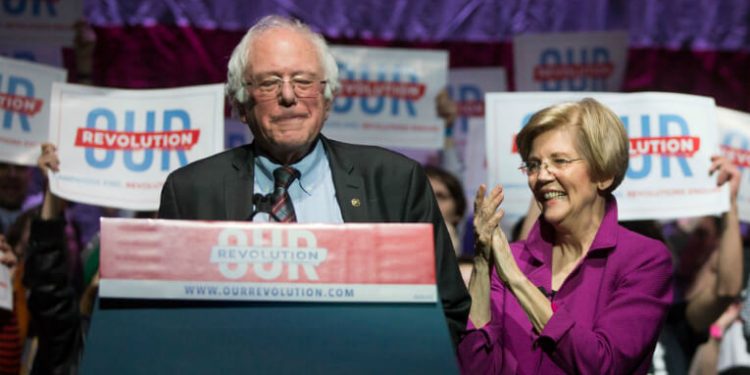
The Congressional Budget Office is out with its analysis of raising the federal minimum wage to $15 per hour by 2025, much like the provisions included in H.R. 582, Raise the Wage Act.
July 8, 2019

The Congressional Budget Office is out with its analysis of raising the federal minimum wage to $15 per hour by 2025, much like the provisions included in H.R. 582, Raise the Wage Act.
July 8, 2019
The Congressional Budget Office is out with its analysis of raising the federal minimum wage to $15 per hour by 2025, much like the provisions included in H.R. 582, Raise the Wage Act.
The results are dire for families. The report estimates that H.R. 582 would eliminate up to 3.7 million jobs and result in an almost $9 billion drop in real family income by 2025.
The increase to a $15 minimum wage will also result in higher costs for goods and services, weakening families’ purchasing power, and decreasing family income for business owners.
The House Democratic caucus has had a difficult time coalescing around a proposal to increase the minimum wage. Blue Dog Democrats specifically have had trouble signing on to H.R. 582. Progressives on the left flank of the party squashed a plan to allow for regional flexibility in rural areas that would face greater economic impacts than urban areas.
Research at the University of Washington has shown that increasing the minimum wage in Seattle has hurt low-skill workers who are just getting started in their careers.
The University of Washington findings, however, suggest that there’s some merit to the usual complaint that gets lodged against minimum-wage hikes — that they’re not only expensive for employers, but threaten to cut the first rung on the career ladder out from under teenagers or others just getting their start in the labor market. “The evidence that we’re picking up is consistent,” says Jacob Vigdor, an economist at the University of Washington. ‘We’re pricing out low-skill workers.’